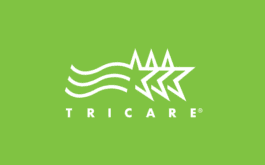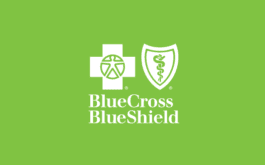Do I Need Treatment?
Sometimes it’s Hard to Know When Treatment is Necessary
If you are wondering whether or not you may be struggling with an eating disorder, or others in your life are expressing concern, we urge you to take stock to see if these questions have merit.
Oftentimes, even if you suspect you have an eating disorder, you may think you can manage it on your own or it’s not that serious. That’s the challenge with eating disorders, they can do the thinking for you, clouding your ability to truly gauge your wellness.
Signs that You May Have an Eating Disorder
A general rule of thumb is to seek help at the first signs of concern. Early intervention can be highly successful. There are some red flags that indicate a consultation is a good idea.
Depending on the intensity of eating disorder treatment intervention required, clients may receive up to 6 individual sessions per week with their therapist, dietitian and doctors.
Evidence-based Treatment
We pride ourselves on being at the forefront of eating disorder research. We use evidence-based treatment modalities to create a comprehensive treatment program catered to each individual client, including:
Please Request a Consultation
If you think you may be struggling with an eating disorder, the most important next step is to get assessed by an eating disorder specialist. Please call us today at 866.482.3876 for a free, no obligation consultation. And if you do require treatment, our specialists will work with you to identify the appropriate level of care and location that’s right for you. We are here for you every step along the way—it all starts with a call.













